October 8, 2024
AIA Honors Dr. Kelly Ablard
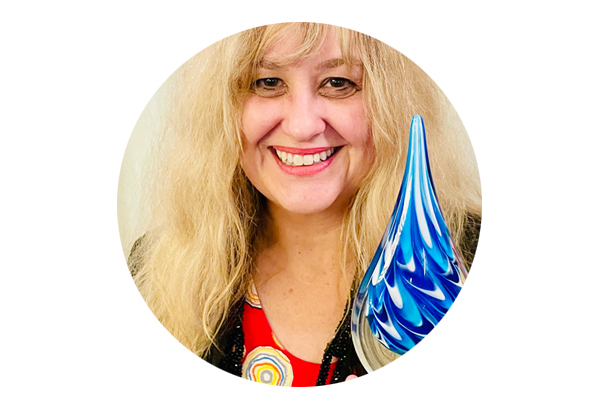
CEO and Founder of Airmid Institute, Dr. Kelly Ablard thanks the Alliance of International Aromatherapists (AIA) and its amazing members for honoring her and Airmid Institute with the AIA Outstanding Contribution Award 2024. We are so grateful, and we would not be here without the love and support of so many wonderful and talented people around the globe.
August 21, 2024
Online Presentation: Palo Santo, the Sacred Wood of Ecuador
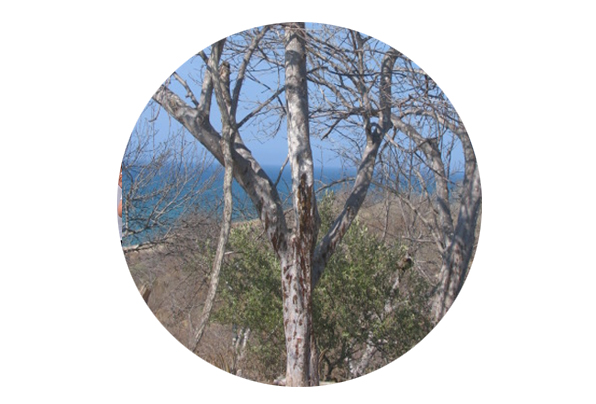
Join us on September 18th at 10:00 AM PT for a special Airmid Institute presentation, ‘Palo Santo, the Sacred Wood of Ecuador: Challenges and Indigenous Conservation Efforts’.
This public webinar features panelists Rafael Parducci V and Ivonne Mosler from Ecuador, discussing the cultural and ecological significance of Palo Santo. Dominique Gaillard will join them to explore conservation challenges and the vital role of Indigenous traditions.
Palo Santo, native to Latin America’s dry tropical forests, is renowned for its spiritual and medicinal uses among Indigenous communities. Despite being listed as Least Concern by the IUCN, it faces threats from habitat loss and overharvesting. Conservation efforts, led by Ecuadorians Rafael Parducci and Ivonne Mosler, focus on sustainable harvesting, reforestation, and ethical trade, working closely with Indigenous communities to protect and responsibly utilize this sacred wood.
August 2, 2024
Welcome Deborah Early, PhD.!
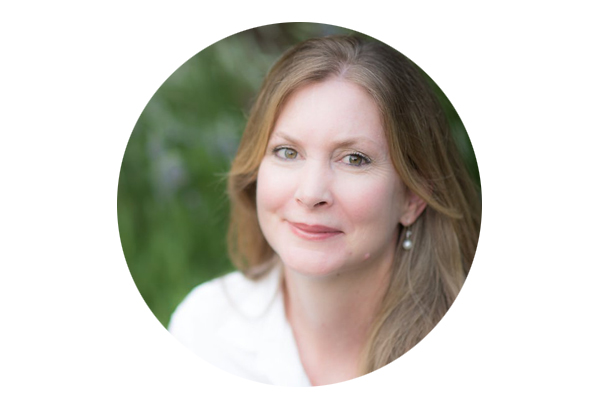
Airmid Institute welcomes Airmid Ambassador of Aotearoa New Zealand, Deborah Early, PhD. Dr. Early creatively combines scientific rigor with olfactory and biophilic art to inspire conservation and a deep connection to nature. Author of Glimpses of Medicinal Botanics (2008) and Forest Bathing with My Clothes On (2024), she designs sensory experiences that connect people, culture, and nature, fostering awareness and action to safeguard our planet.
With a career spanning academia, corporations, and nonprofits, and a background in life sciences and clinical aromatherapy, Dr. Early has authored various articles on medicinal and aromatic botanicals. Her expertise is sought by healthcare, built environment, and recreation professionals. She lives off-grid, surrounded by the fragrant forest on the Queen Charlotte Track in Aotearoa, New Zealand. Debbie will be collaborating with Airmid Institute on researching local medicinal and aromatic plants in her region, and the cultural importance of these plants to the Māori. Welcome Debbie!
July 10, 2024
Welcome Dr. Puescas Chully, Airmid’s Ambassador of Peru!
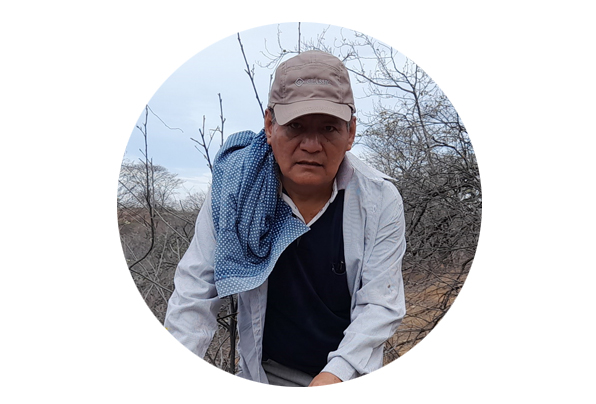
Miguel Antonio Puescas Chully, born on May 1, 1964, in Bellavista de La Unión, Sechura Province, Piura, Peru, is a distinguished Engineer. He resides in Cerro Blanco, San Juan de la Virgen District, Tumbes Province. Miguel holds a Bachelor’s degree in Forestry Sciences from the National University of the Peruvian Amazon….
July 3, 2024
Airmid’s Ethical Sourcing Guidelines and Sustainability Principles
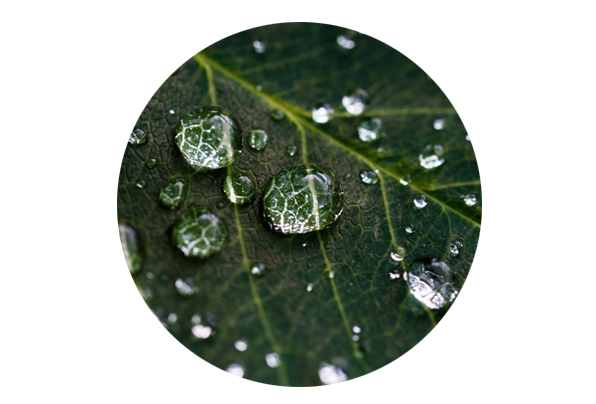
Airmid Institute is excited to announce that it will be releasing basic ethical sourcing guidelines and their sustainability principles in the near future! The guidelines will highlight key elements of ethical sourcing based on Airmid’s sustainability principles including economic, environmental, distribution, health, social, and cultural sustainability.
June 30, 2024
Dr. Kelly Ablard Presents at the University of Istanbul
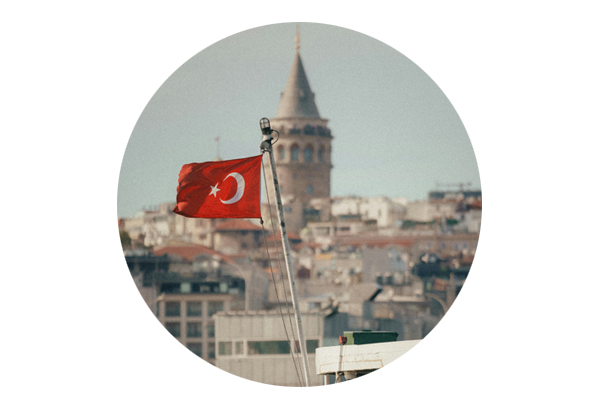
This October Dr. Kelly Ablard will present a talk on biodiversity hotspots in Turkey and its fragile endemic and native medicinal and aromatic plant species. The one-day meeting will be held at the University of Istanbul’s Beyazıt campus. The event is organized in collaboration with Sevda Süzgeç, Dean of the Pharmaceutical Faculty, and Sevil Altinel Agalar, Airmid Ambassador of Turkey.
June 28, 2024
Dr. Kelly Ablard Speaking at the AIA 2024 Conference
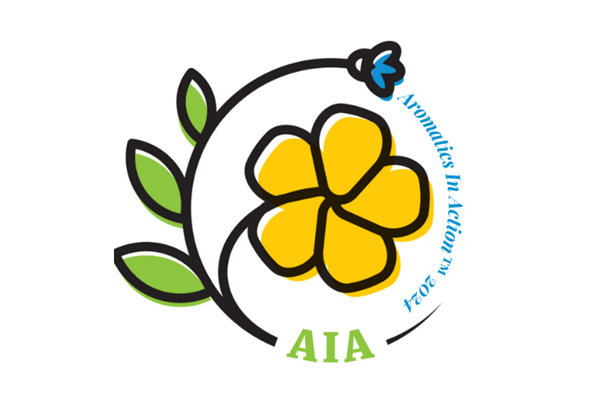
Join Dr. Kelly Ablard at this year’s AIA conference “Embracing and Composing Sustainable Aromatics,” for her presentation titled “Threatened Aromatic Plant Species Used in Clinical & Pharmaceutical Research: An Integrative Review”. She will discuss the nature of this problem and its implications on essential oil safety and efficacy, research reproducibility and assessment, regulatory policies, and most importantly, threatened plant protection.
May 11, 2024
Join Airmid in Crete!
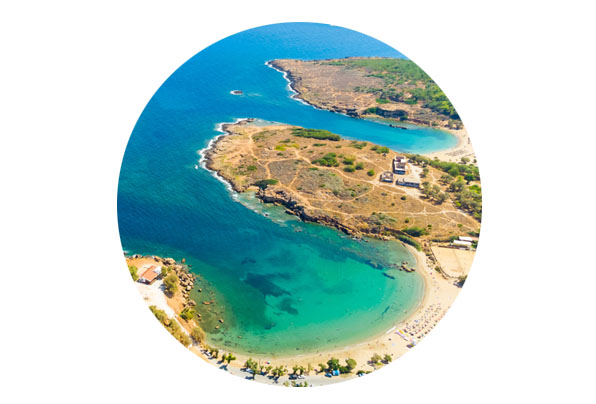
Announcing doors are open for registration to Crete’s Aromatic Tapestry: Celebrating Biodiversity and Medicinal Plant Riches of Greece!
Join us from October 18-20, 2024, for a captivating educational event on the stunning island of Crete, recognized globally for its biodiversity and unique medicinal plants. This gathering features esteemed experts like Kurt Michael Arruda, Silvia Jiménez Català , Anna Papazoglou, Dr. Jacqui Stringer, and Dr. Kelly Ablard, as well as special guests and presenters Jenny Charlton, Mixalis and Theano Flemetakis and Ildiko Berecz.
You will explore permaculture, sustainable harvesting, Cretan aromatics, practical uses of Greek medicinal plants in clinical and home care, and the role of chemotypes in our environment. Participants will also enjoy a variety of activities including hands-on sessions with local essential oils and hydrolats, discussions on olive trees, and wellness practices like guided meditation and chair yoga.
With only 25 spots available, the event offers an intimate setting to deeply connect with Crete’s rich natural and cultural heritage. Early bird registration is $475 USD until July 15th, after which the price will increase to $550 USD, although Airmid Institute members can enjoy the early bird rate of $425 USD until July 15th after which the price will increase to $475. Don’t miss this unique opportunity to deepen your knowledge and create memorable experiences in one of the world’s most significant biodiversity hotspots. Email [email protected] to register today!
March 11, 2024
Airmid Institute welcomes the Alliance of International Aromatherapists as an Association Member
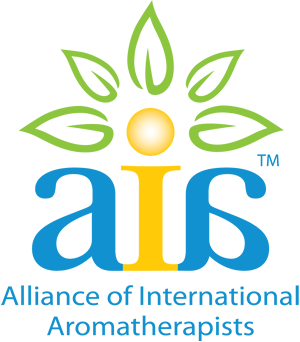
The Alliance of International Aromatherapists (AIA) firmly believes that sustainability is not just a choice, but a responsibility. Recognizing the importance of environmental responsibility, we advocate for ethical sourcing and production practices that prioritize the conservation of plant resources and ultimately the future of aromatherapy. The AIA encourages the use of sustainable farming methods, emphasizing organic cultivation and the protection of biodiversity. We believe in fostering transparent supply chains, supporting fair trade initiatives, and collaborating with producers who share our dedication to environmental stewardship. One tangible way we do this is through our support of small distillers.
February 5, 2024
The Toucan Green Skills Initiative
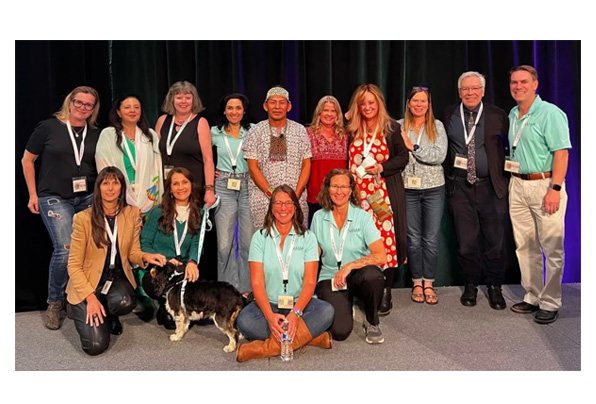
Peruvian Shipibo Adler Pacaya Paredes and Dr. Kelly Ablard were honored to co-present “Preserving medicinal and aromatic plants: an Indigenous perspective” at the NAHA World of Aromatherapy XI Beyond Aromatics V Conference in Salt Lake City, UT. They highlighted the significant challenge humanity faces with the environmental impacts of climate change on essential oil- and carrier oil-bearing plants and emphasized the crucial role of Indigenous peoples and their traditional ecological knowledge in preserving these plants.
The presentation, which shed light on the vital contributions of unnoticed Indigenous communities, received an emotional standing ovation and led to a generous $5,000 donation from the NAHA Board of Directors in support of Airmid Institute’s Shipibo-led Toucan Project. The funds will be used for the Toucan Green Skills Initiative, a 90-day sustainability agent training program for Shipibo individuals, focusing on ancestral cultivation techniques, ecology, agroforestry, and conservation efforts. Airmid Institute will establish a Shipibo-only partner committee in Peru to oversee the training and work towards official recognition from the Ministry of Education, ensuring that the sustainability agents receive certification upon completion. Airmid Institute extends its gratitude to the dedicated NAHA Team for their unwavering support, which has made a significant and positive difference for these remarkable Indigenous communities.
December 18, 2023
Airmid Insitute Welcomes the CAOA as an Association Member
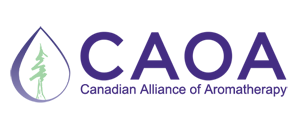
Airmid welcomes Professional Aromatherapy Association, the Canadian Alliance of Aromatherapy (CAOA) as an Association Member! We are honored to be working with this amazing organization whose mission is to establish and maintain high professional standards for aromatherapists by ensuring they participate in continuing education and adhere to ethical practices and sustainability principles related to essential oils. We collaborate with reputable partners to provide education and training opportunities, and advocate for sustainability within the industry by raising awareness among our members about ethical and environmental concerns.
October 24, 2023
New Business Member: NYC Aromatica
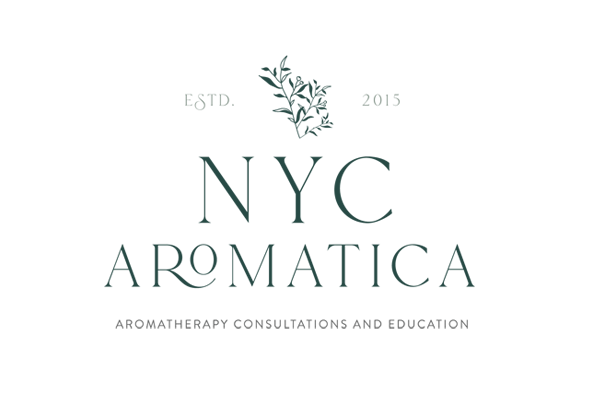
Airmid Institute welcomes Business Member NYC Aromatica, founded by Amy Anthony. Amy’s practice is guided by the principles of accessible aromatherapy, “less is more: small is big.” She promotes sustainable aromatherapy by engaging with aromatic plants through gardening, incense, teas, and culinary applications, acknowledging that many people turn to essential oils for their emotional and spiritual benefits but not everyone can access them.
She advocates for minimal use of essential oils for maximum impact, offering usage guidelines for various applications. Amy also supports local aromatic plants, promoting the idea of thinking globally but acting locally to reduce supply chain issues. Through her affiliation with Airmid Institute, she gains awareness of sustainability and environmental concerns, enhancing her ability to be a responsible and informed aromatherapy practitioner and educator.
July 21, 2023
Welcome Julia Falkenstein!
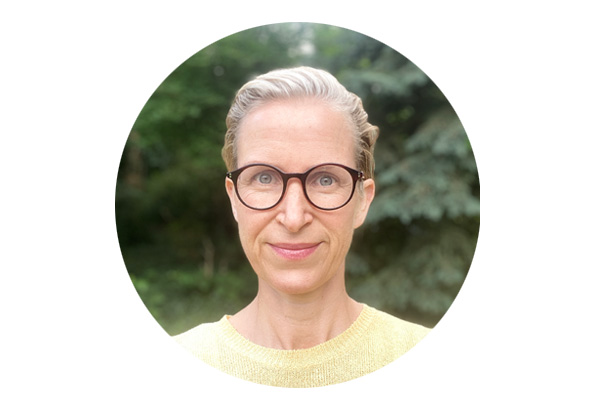
Please join Airmid Institute in welcoming Airmid Institute’s Ambassador of Germany, Julia Falkenstein! Julia will be working with Airmid Institute to identify fragile medicinal and aromatic plants (MAPs) native to Germany for public dissemination, implement multi-regional educational projects focused on the protection of native MAPs, and to promote sustainable traditional distillation and the use of locally sourced MAPs for aromatherapy. You can read more about Julia by clicking below.
June 14, 2023
New Airmid Junior Ambassador Badges
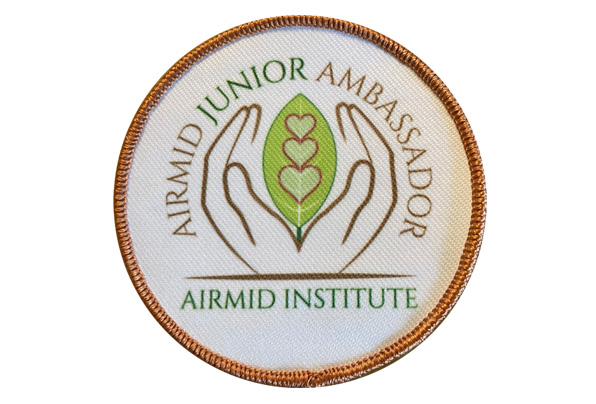
Dr. Kelly Ablard and Dr. Jacqui Stringer will be presenting the first ever Airmid Junior Ambassadors with their badges on June 30th at Knowsley School located in North West England! Children’s educational programs that support opportunities for them to connect to Nature has been a focus of Airmid’s since our inception, and further inspired by 2021 The Dasgupta Review, which places a heavy emphasis on children.
“Every child in every country is owed the teaching of natural history, to be introduced to the awe and wonder of the natural world, and to appreciate how it contributes to our lives. Establishing the natural world within educational policy would contribute to countering the shifting baseline, whereby we progressively redefine ourselves as inhabitants of an emptying world and believe that what we see is how it is and how it will continue to be. This shifting baseline has been termed the ‘extinction of experience’ (Pyle, 1993).
Achieving tangible effects, however, is not straightforward. The development and design of environmental education programmes can be directed to overcome the problems. In their wide-ranging survey documenting direct impacts of environmental education, Ardoin, Bowers, and Gaillard (2020) have suggested that focusing on local issues or locally relevant dimensions of broader issues, such as collaborating with scientists, resource managers and community organisations, is of enormous help. Our emphasis in the Review on the role of communities and civil societies in the economics of biodiversity is consonant with that line of thinking.542
But even that would not be enough. Connecting with Nature needs to be woven throughout our lives. The connection has been found to decline from childhood to an overall low in the mid-teens, followed by a steady rise that reaches a plateau lasting the rest of one’s life (Hughes et al. 2019). It is a cruel irony that we surround children with pictures and toys of animals and plants, only to focus subsequently on more conceptual knowledge, marginalising environmental education relative to the wider curriculum.”
The Airmid Junior Ambassador program, founded and currently managed by Airmid Ambassador of the U.K. Dr. Stringer was developed to address these challenges. Educational programs as part of Airmid Institute’s work are also taking root in Taiwan.
June 13, 2023
Welcome Birgit Salling!
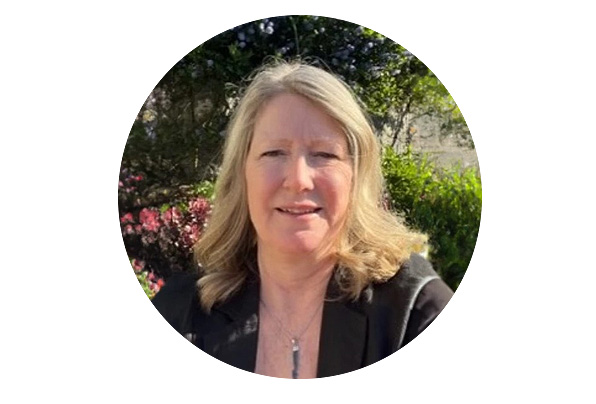
Airmid Institute is excited to welcome Birgit Salling as their Chief Administrative Officer! We are fortunate that Birgit is joining us where she will share her love for Nature and medicinal and aromatic plants, and bring to us her vast experience in numerous healing modalities, exceptional administrative skills in office and in management. Her support of Airmid and its team will be invaluable. You can read more about Birgit here and welcome her by emailing [email protected].
May 15, 2023
Associations Around the World Working with Airmid Institute
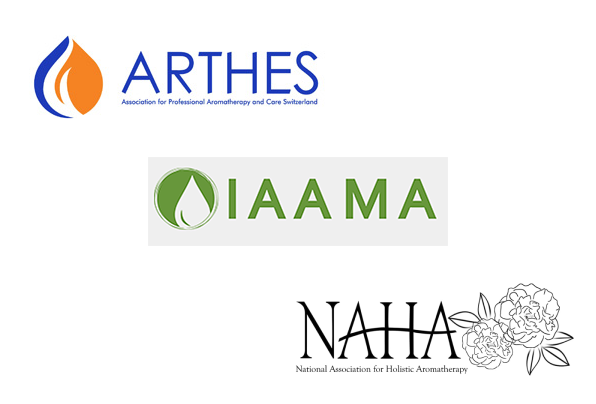
Airmid Institute highlights international professional aromatherapy associations – International Aromatherapy and Aromatic Medicine Association (IAAMA – Australia), Association of Professional Aromatherapy and Care in Switzerland (ARTHES – Switzerland), and the National Association of Holistic Aromatherapy (NAHA – USA) for joining Airmid Institute as Professional Association Members!
Airmid is honored to be working with these incredible associations which are dedicated to the protection of fragile essential and carrier oil bearing-plants, and their use in traditional medicine. We thank them for supporting ‘green’ aromatherapy, their dedication to bringing awareness, information, and extended benefits relevant to sustainability directly to their members, and for their shared vision of a healthier planet for future generations.
July 26, 2022
Meet our Airmid Institute Advisory Board
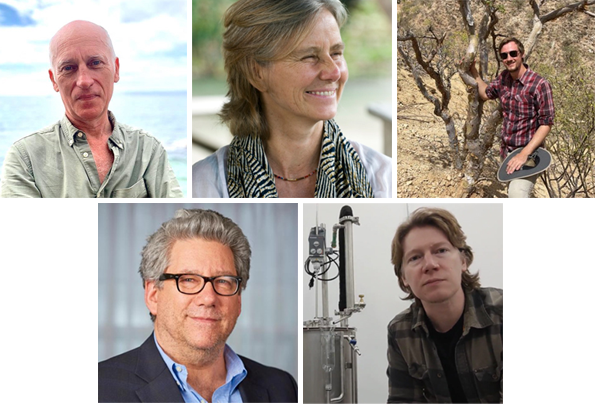
Airmid Institute welcomes five new members to our Advisory Board, which is still growing! It is an honor to have the collective expertise of Olivier Behra – Founder, Man and the Environment; Sue Canney Davison, PhD – Research Associate, University of Johannesburg; Stephen Johnson, BSc – Founder, FairSource Botanicals LLC; Dr. James E. Simon – Distinguished Professor, Rutgers University; and Dr. Benoit Roger – Founder, Alchemia Solutions, to guide Airmid Institute as we continue to grow. To read more about this exceptional team, please click below.
July 11, 2022
Introducing our Medicinal and Aromatic Plant (MAP) Supply Chain Series
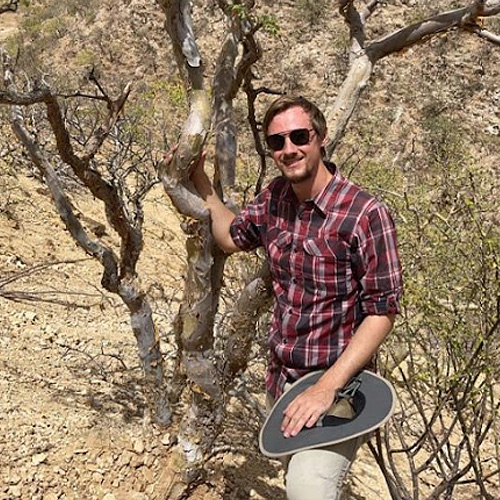
Stephen Johnson
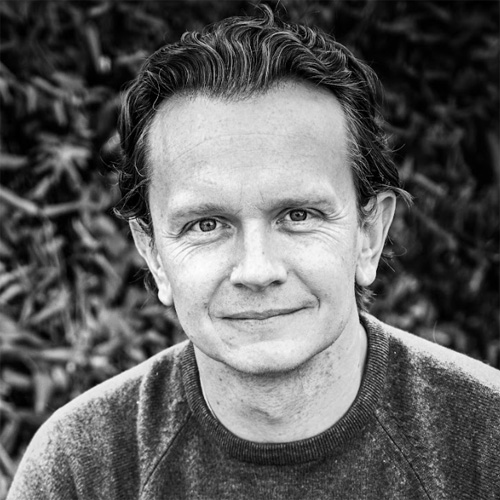
Andy Thornton
Take part in the Airmid Institute Medicinal and Aromatic Plant (MAP) Supply Chain Series!
The medicinal and aromatic plants we love and commonly use are harvested from all corners of the globe, and many of them — such as frankincense ‘Boswellia’ spp., myrrh ‘Commiphora’ spp., copaiba ‘Copaifera’ spp., spikenard ‘Nardostachys jatamansi’, elemi ‘Canarium luzonicum’, palo santo ‘Bursera graveolens’, shea ‘Vitellaria paradoxa’, and white sage ‘Salvia apiana’ are collected primarily or entirely from the wild. These plants are often part of complex socio-ecological systems wherein the survival of both plants and people are mutually dependent.
However, wild-harvested plants are vulnerable to common challenges opaque supply chains with limited traceability result in – poor harvesting practices, illegal harvesting, exportation and importation, poor adaptation strategies in response to impacts of climate change, limited benefits to harvesters and their communities, a lack of readily available ubiquitous sourcing guidelines for consumers, and greenwashing.
June 28, 2022
Dr. Kelly Ablard Honoured by Simon Fraser University
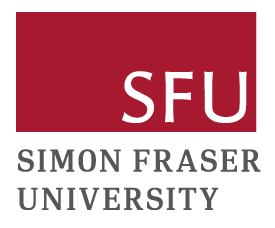
The Department of Biological Sciences at Simon Fraser University (SFU) hosts an “exceptional alumnus” lecture each year. They recently broadened their focus after seeing that a number of their alumni pursued fascinating jobs in the business and NGO sectors based on their biological interests. To demonstrate to SFU graduate and undergraduate students that there are professional routes other than academic positions, the department aims to honor this kind of accomplishment.
Dr. Kelly Ablard, SFU alumnus* and Founder and Executive Director of Airmid Institute, is pleased to have been invited alongside other distinguished SFU alumni, to give a lecture about Airmid Institute, its history, and the journey that inspired her to establish it. Read more about this year’s participants.
This event and the reception to follow is scheduled for Wednesday, October 12, 2022 at 3:30 pm and is open to the public. It will be held at Simon Fraser University, in the Department of Biological Sciences, Burnaby, B.C. Canada. Please contact [email protected] for more details.
*Kelly completed her PhD in 2013. Her main areas of study were chemical ecology, evolutionary biology and behavioral ecology. Her PhD supervisor was Dr. Gerhard Gries, and her PhD committee, Dr. Ronald Ydenberg and Dr. Bernard J. Crespi.

